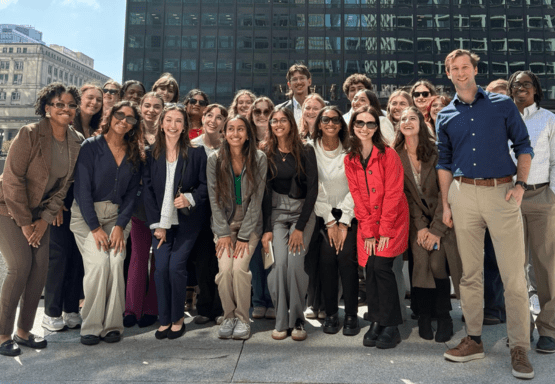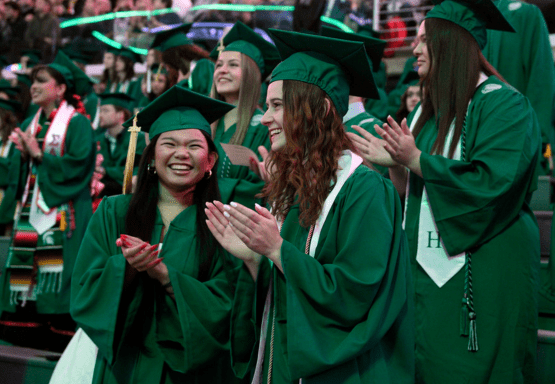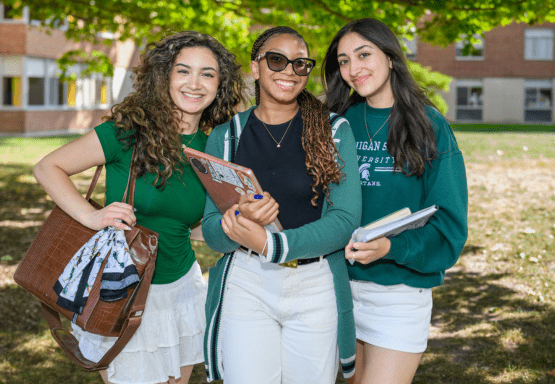Faculty Spotlight: Daniel Ahlquist
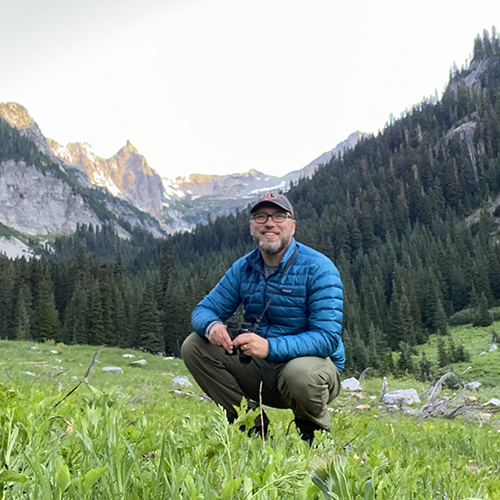
If he wasn’t working his dream job in academia, Daniel Ahlquist, an assistant professor in James Madison College, says he’d likely be living in a cabin in the woods, farming and foraging for his own food. Ahlquist’s deep love for nature and caring for the environment is rooted in his upbringing.
“Growing up, my dad instilled a very strong environmental ethic in me,” Ahlquist said.
This passion transfers to his research and the curricular content Ahlquist introduces to his students. During the fall semester, he teaches two sections of MC 111: Nature, Culture and Science, which explores diverse human relationships with nature.
In 2009, after Ahlquist’s intended dissertation project in Laos fell through, he was invited by an Akha activist and friend to visit an Akha community in the mountains of northern Thailand. There, surrounded by corn fields and conservation areas, and with a warm welcome from the community, he began a decade-plus-long research agenda on the intersections of state forest conservation, development, agrarian change and social inequality in Indigenous Upland communities.
His experience working with these communities has shaped his worldview and his teaching. “The people and communities I’ve worked with have helped shape the way I think about the land and our relationships to it,” Ahlquist said.
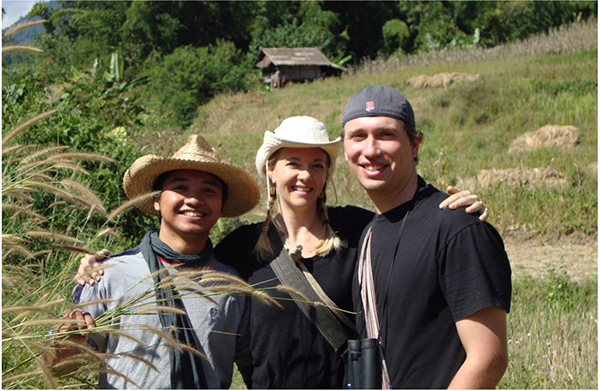
When asked how his research translates to the classroom, Ahlquist is quick to point out that much of his interests lie in the connections people have with land, and how people and social groups relate to each other through the land.
“I am interested in how social inequalities play out in relation to our environments, how we produce knowledge, whose voices matter in how we define nature and make decisions about it. This is most obvious with things like conservation, but it’s also a fascinating lens to look at something like our food system. Our modern food system isn’t guided by what’s best for people and the planet. It is guided by a very narrow sense of efficiency centered on maximizing profit and output, but this false efficiency doesn’t account for the burdens on people and the environment,” Ahlquist said. “When I teach these classes, I try to help students do a more thorough accounting, to give them some tools to think more critically about why things are the way they are.”
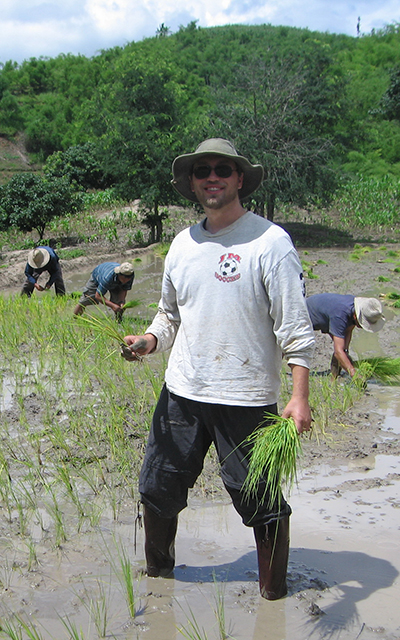
Raised in Rochester, Minnesota, Ahlquist’s path to Michigan was anything but direct.
Ahlquist earned his undergraduate degree in journalism at The University of Kansas. From there, Ahlquist tried on a variety of hats, working in hospital communications, traveling — even living out of his car for a stint — and volunteering with Americorps in Montana.
Following those nomadic years, Ahlquist planted himself in Ithaca, New York, where he earned both a master’s degree and doctorate in development sociology at Cornell University.
Ahlquist then made his way down to Duke University where he completed a postdoctoral fellowship with the Thompson Writing Program.
“I was doing my postdoc at Duke when I applied for this job. We [Professor Flaim and I] were expecting our second child, and we were happy down there. But when I came across this job posting, I felt like the job was written for me,” said Ahlquist, “I had to go for it. I feel really fortunate to be here and can’t imagine teaching anywhere else.”
Ahlquist describes James Madison’s residential college community as a very special place. “I have incredible colleagues and the students are smart and super engaged. Their education here is transformative, and their growth curve is remarkable. It feels really special to be a part of that.”
When he isn’t knee-deep in grading and teaching, Ahlquist serves as the faculty adviser for Spartan Food Security Council, which is a registered student organization focusing on food security issues on campus. In his role as adviser and as professor, Ahlquist is interested in collaborating with MSU Student Organic Farm for place-based learningopportunities.
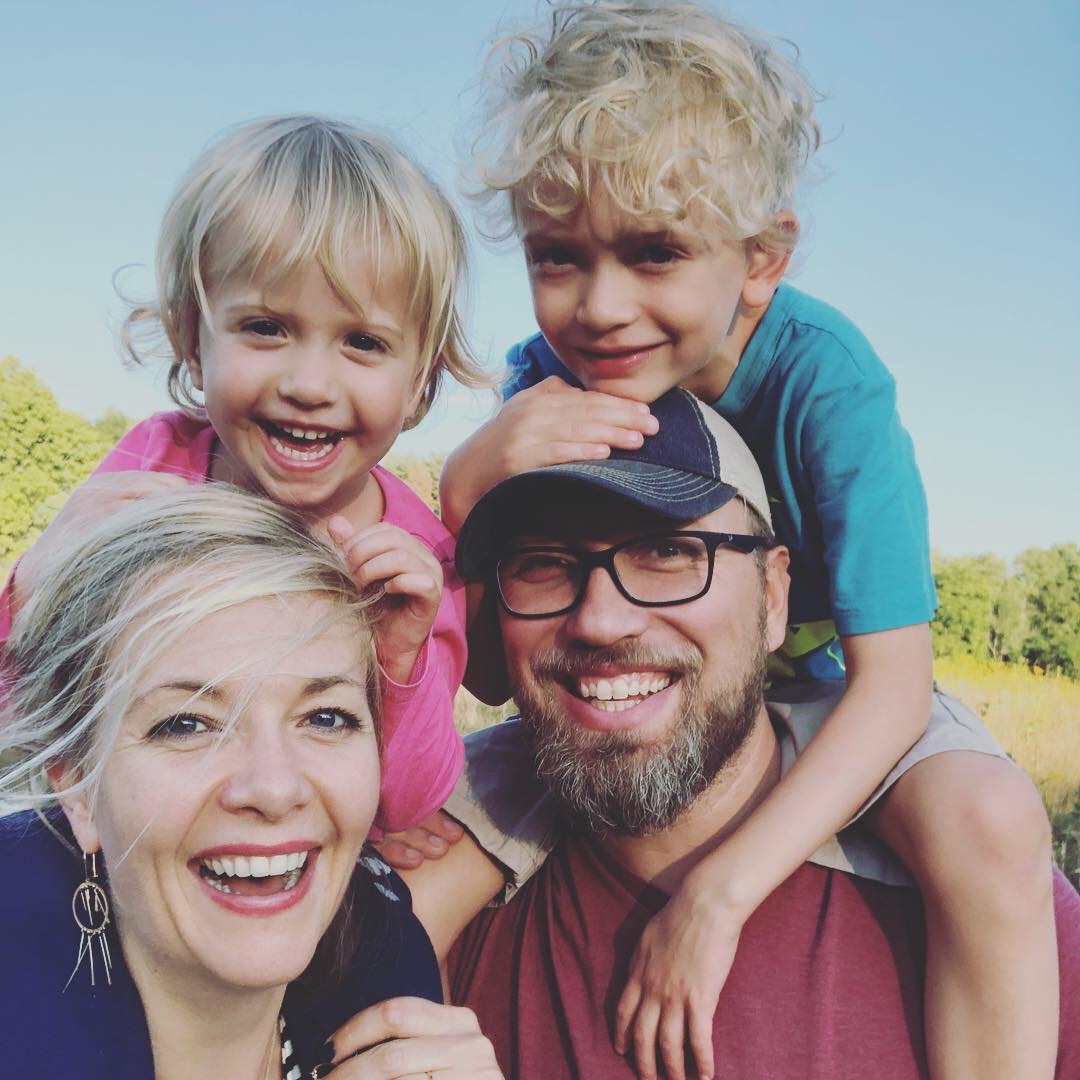
Utilizing more place-based learning and incorporating storytelling are two goals Ahlquist plans to integrate in his pedagogy. “As I better align my research and teaching, I want to explore the pedagogical potential of storytelling and help students tell stories of their own as part of their learning process.”
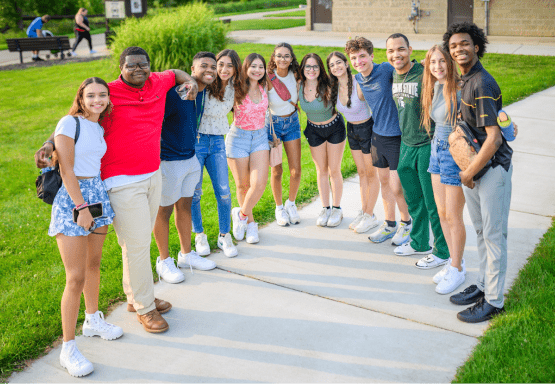
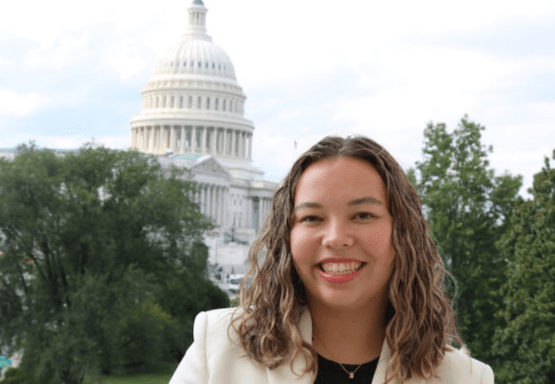
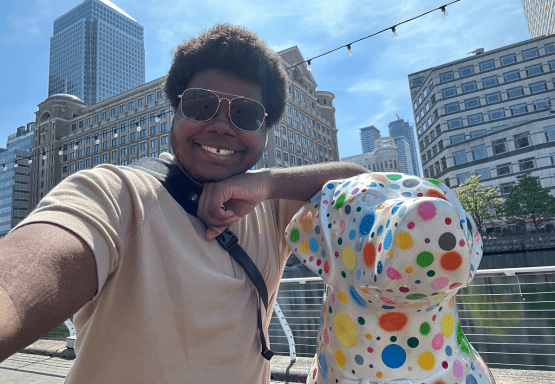
.png?h=384&iar=0&w=555)
